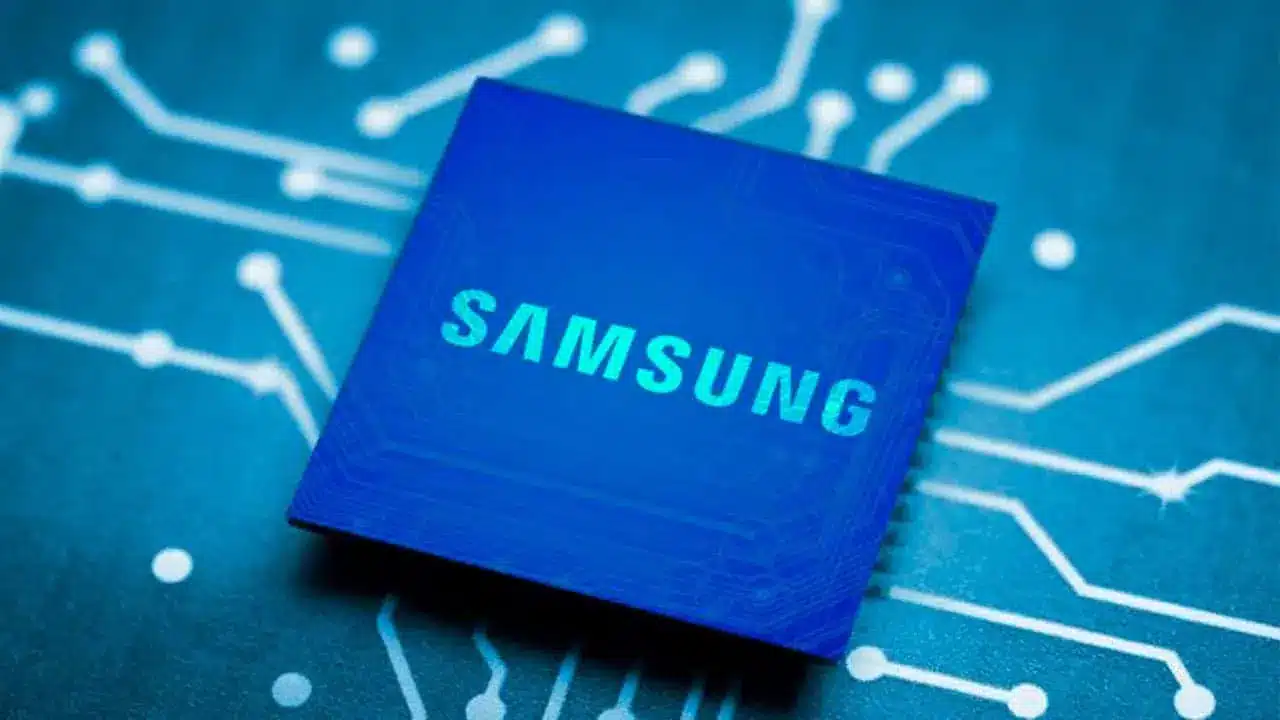Samsung Set to Transition from Silicon to Glass Technology

Samsung Electronics is making significant strides in semiconductor technology by developing a new glass substrate aimed at enhancing advanced semiconductor packaging. This innovative approach, which could debut by 2028, seeks to meet the surging demand for AI chips. By opting for glass instead of traditional silicon, Samsung aims to lower manufacturing costs while boosting performance. The company is currently working on smaller panel prototypes, a move that reflects its ambition to lead in this emerging technology.
Advancements in Glass Interposers for AI Chips
According to industry sources, Samsung is intensifying its efforts to create prototypes that utilize glass substrates for interposers in AI chips. Traditional semiconductor designs employ a 2.5D packaging layout, where high-bandwidth memory (HBM) is positioned around the GPU, interconnected by a silicon interposer. In contrast, glass interposers allow for a more advanced 3D stacking of chiplets embedded within the substrate, along with additional chiplets stacked above them.
While the use of glass may result in a slight increase in temperatures, it offers several advantages, including enhanced area, signal integrity, power efficiency, and thermal management. The high production costs associated with silicon interposers have prompted manufacturers to explore glass as a viable alternative. Unlike competitors like Intel or AppSolix, which utilize larger 510×510mm glass panels, Samsung is focusing on smaller units measuring less than 100×100mm.
Although the production of these chips may not be the most efficient, they position Samsung to potentially be among the first to launch AI chips that deliver improved performance and are easier to manufacture. The production is set to take place at Samsung’s Cheonan facility, leveraging its existing panel-level packaging (PLP) technology instead of wafer-level packaging (WLP).
Competitive Landscape in Semiconductor Manufacturing
Samsung is not alone in its pursuit of replacing silicon substrates with glass. Reports indicate that TSMC is also in the process of developing a 300×300mm glass panel on a pilot line in Taiwan. The company plans to initiate production using its Fan-Out Panel-Level Packaging (FOPLP) technology by 2027. This competitive landscape suggests a significant shift in semiconductor manufacturing practices, with both Samsung and TSMC leading the charge toward glass-based solutions.
If the claims from the South Korean news sources hold true, Samsung and TSMC could emerge as pioneers in the introduction of advanced AI chips utilizing glass interposers instead of traditional silicon. These innovative chips are anticipated to hit the market as early as 2028, with ongoing developments in glass substrate technology expected to follow in the coming years.
Future Implications for AI Chip Technology
The shift toward glass substrates in semiconductor manufacturing could have far-reaching implications for the AI chip market. As demand for AI technology continues to grow, the ability to produce chips that are not only more efficient but also cost-effective will be crucial. The transition to glass interposers may enable manufacturers to create more powerful AI chips that can handle complex computations and data processing tasks more effectively.
Moreover, the advancements in glass substrate technology could lead to a new era of semiconductor design, where performance and efficiency are prioritized. This could ultimately benefit a wide range of industries, from consumer electronics to automotive and healthcare, as AI applications become increasingly integrated into various sectors. As Samsung and TSMC continue to innovate, the semiconductor landscape is poised for transformation, with glass substrates playing a pivotal role in the future of AI chip technology.
Observer Voice is the one stop site for National, International news, Sports, Editor’s Choice, Art/culture contents, Quotes and much more. We also cover historical contents. Historical contents includes World History, Indian History, and what happened today. The website also covers Entertainment across the India and World.

